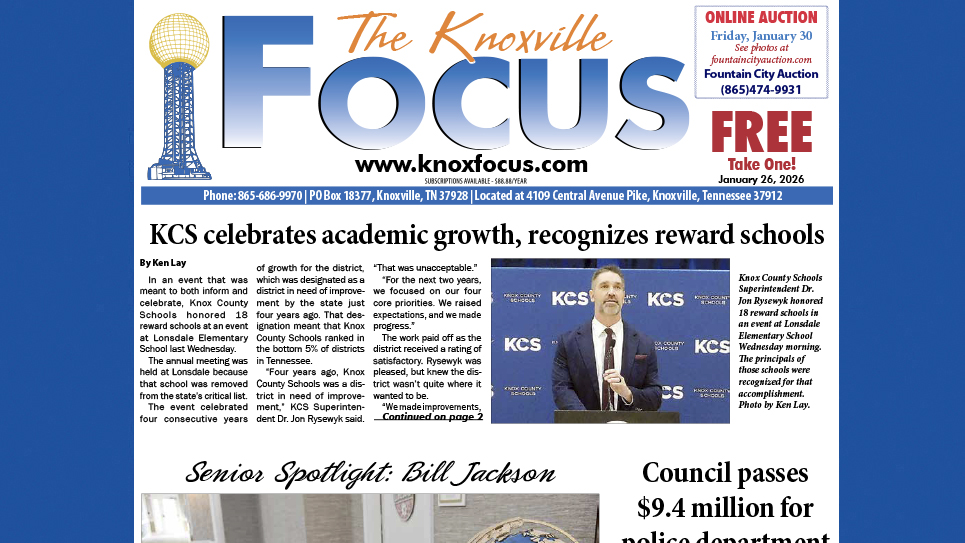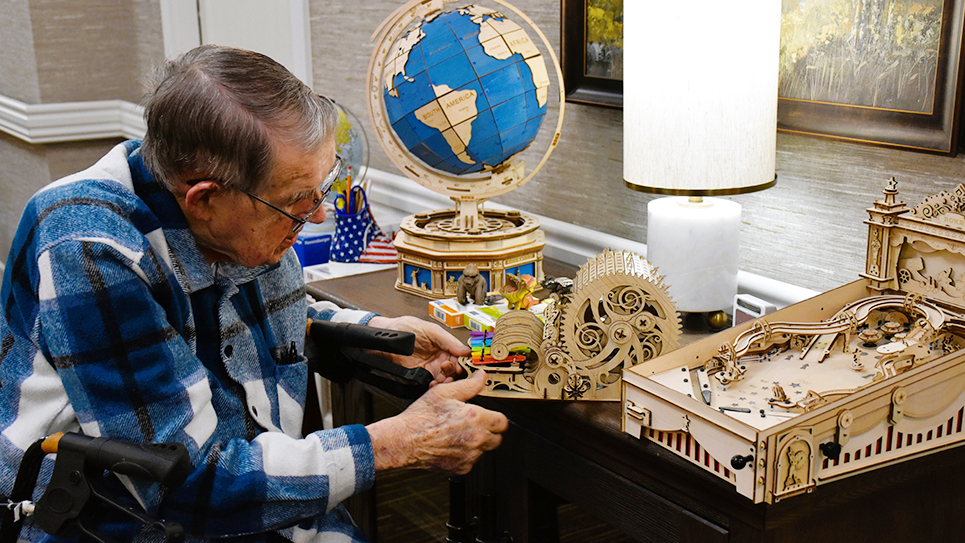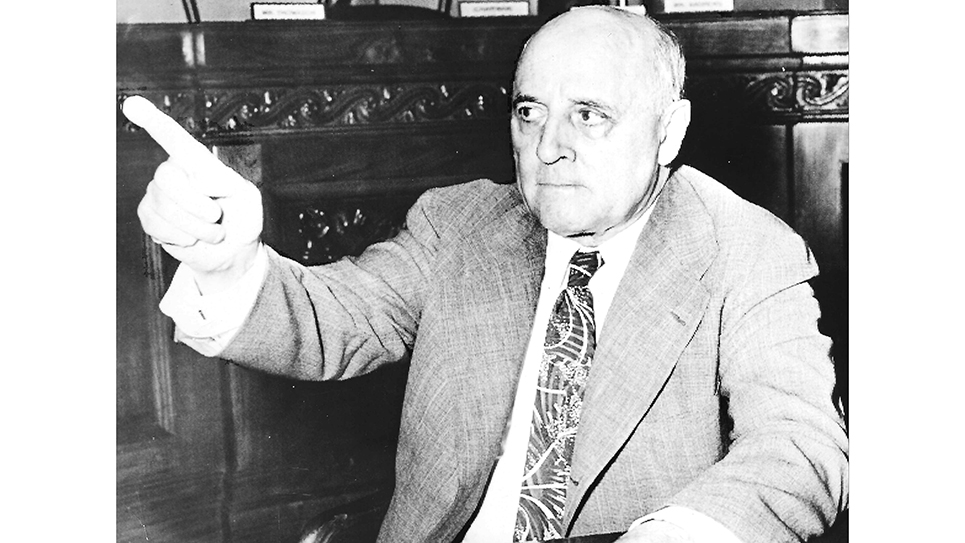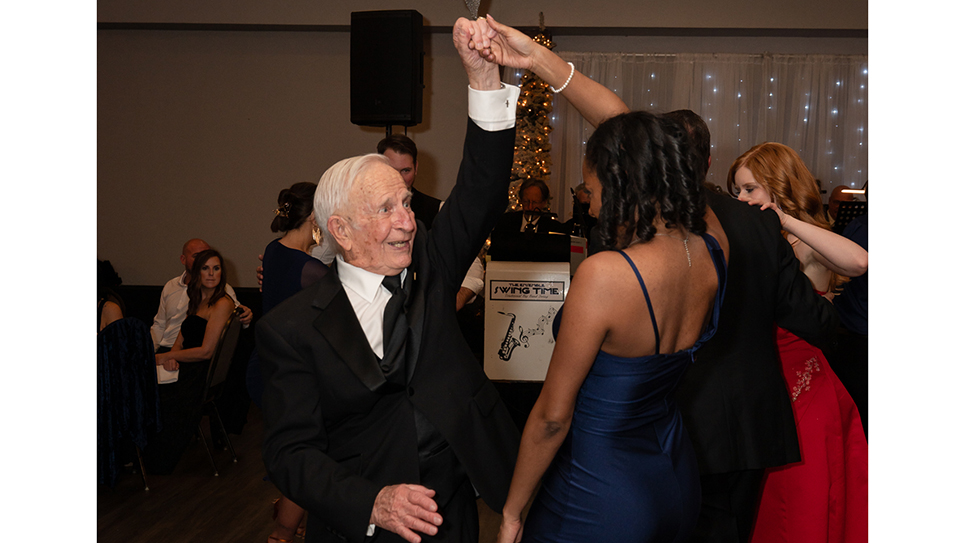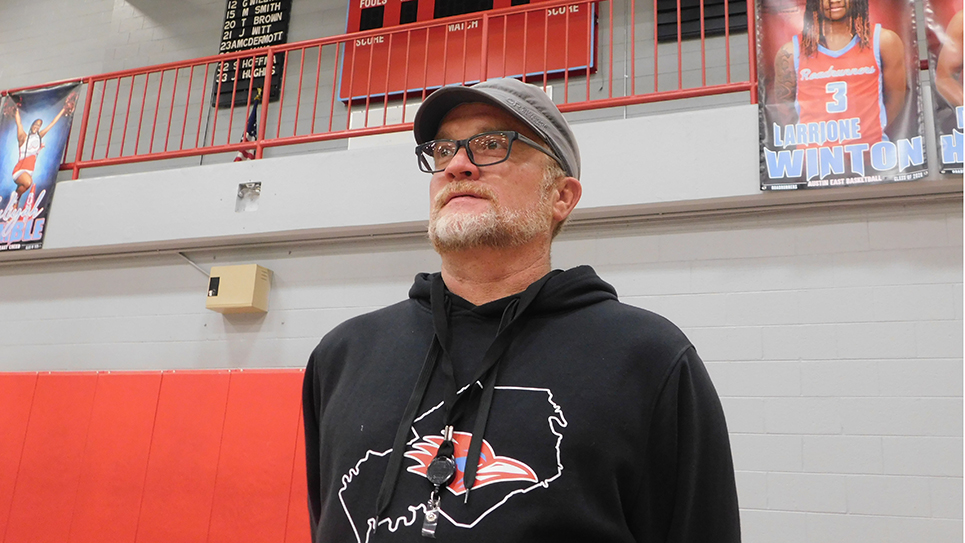By Joe Rector
I’ve been reading J.D. Vance’s book “Hillbilly Elegy” the last couple of days. Putting it down is difficult. While I’m not from the hills and backwoods of Kentucky, our families have similarities, and his words spark plenty of memories of my childhood with extended family members.
The most important person in Vance’s life seems to have been his Mamaw. First of all, I’m glad that he expounded on the special names for his grandparents. My parents’ parents were also called Mamaw and Papaw, and we distinguished between the two sets by adding their last names, Rector and Balch. It must be a hillbilly thing.
Those folks were important parts of our family. Mother’s parents lived just over the hill from us. Sometimes, Papaw Balch would walk to our house to visit, and on a few occasions, he traveled with his horse and plow to turn the ground for a garden. My brother Jim and I shared a case of the mumps with Mother before we entered school. Mamaw and Papaw came to our house to take care of things until Mother recovered.
My other grandparents lived in Lonsdale. Daddy worked at the paper mill there and visited every day. We usually traveled to their house on Sunday afternoons. Papaw Rector died when Jim and I were six, and what little I remember about him wasn’t good. His hateful disposition kept us at arm’s length. Mamaw was different. She came to stay with us boys a couple of times, and I best remember sitting at the kitchen table as we broke a bushel of green beans. Believe it or not, we had a good time, and I liked her a great deal more afterwards.
Like Vance’s grandmother, my grandparents weren’t ones who gushed with emotions. They went about their lives and “tolerated” their grandchildren. I understand that more now. These folks were born before the turn of the 20th century. Life had been hard, and money was most always short. They had little education, and the prospects of ever getting rich were less than slim.
I suppose they loved us, but that love was much different from the kind that we seniors display for our grandchildren. The old saying, “Children should be seen but not heard,” applied. We young people were second-class citizens, and our mamaws and papaws just didn’t have the time nor the energy to engage us. They were there to make sure we didn’t kill ourselves and to provide aid if we nearly did.
As I grew older, my respect for those hoary-haired seniors grew. I understood their wry senses of humor and noticed that childlike spark in their eyes as I struggled with witty comments they uttered. I learned about past generations of family as they told stories from their childhood. Most of all, I appreciated the hard work they gave to support families and the sacrifices that they made.
J.D. Vance’s mamaw and papaw played greater roles in his life than mine did. However, even he probably cringes at the way today’s grandparents interact with their heirs. I doubt that his grandmother would have traveled great distances to watch him play some sport or ventured out in the evening to watch a child perform in some dance recital. Yes, we baby boomers go a bit overboard; perhaps that’s because we want to make sure that in some way we contribute to the making these young ones better people. I’m not sure that we are any more successful than past generations.

